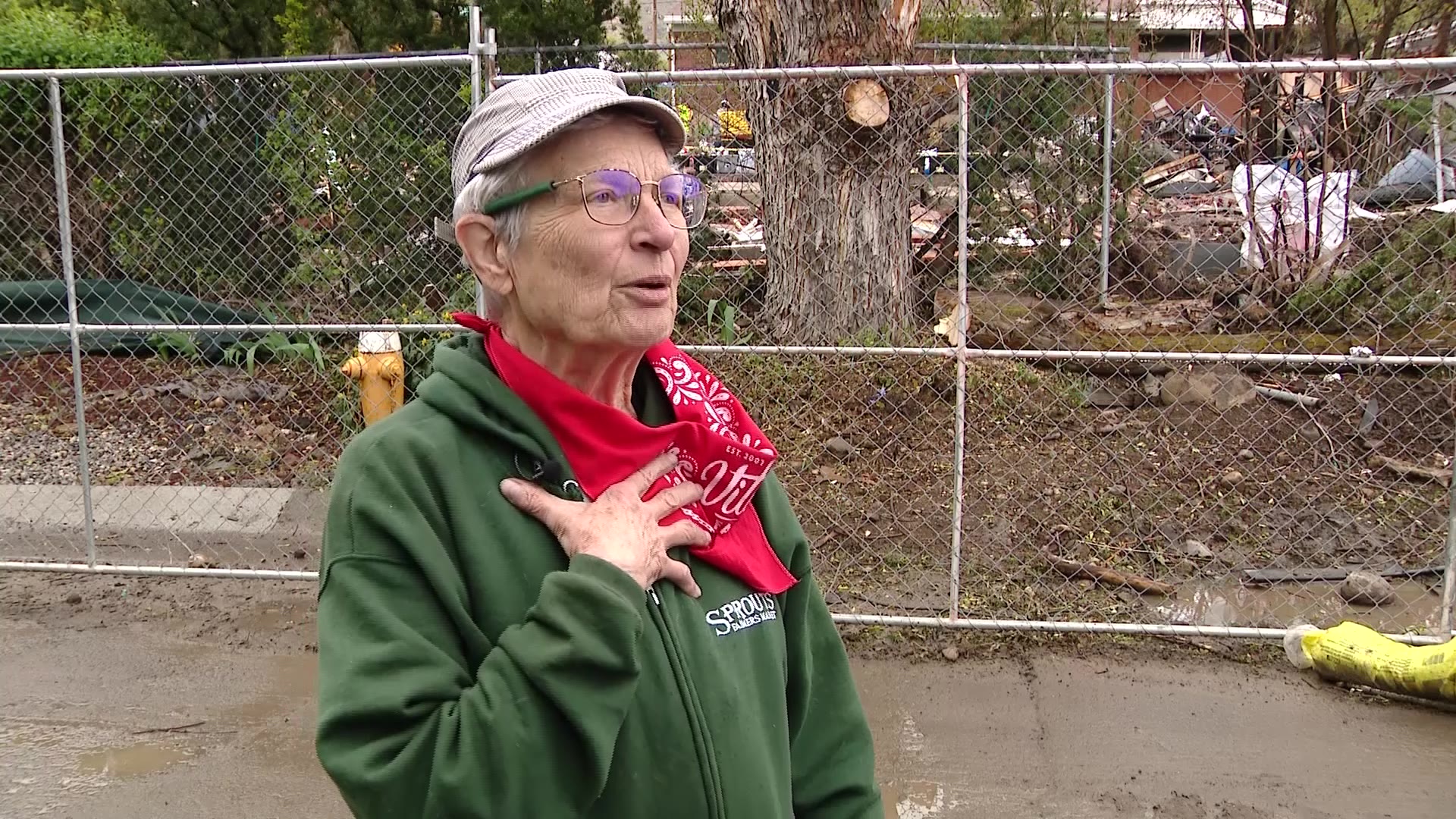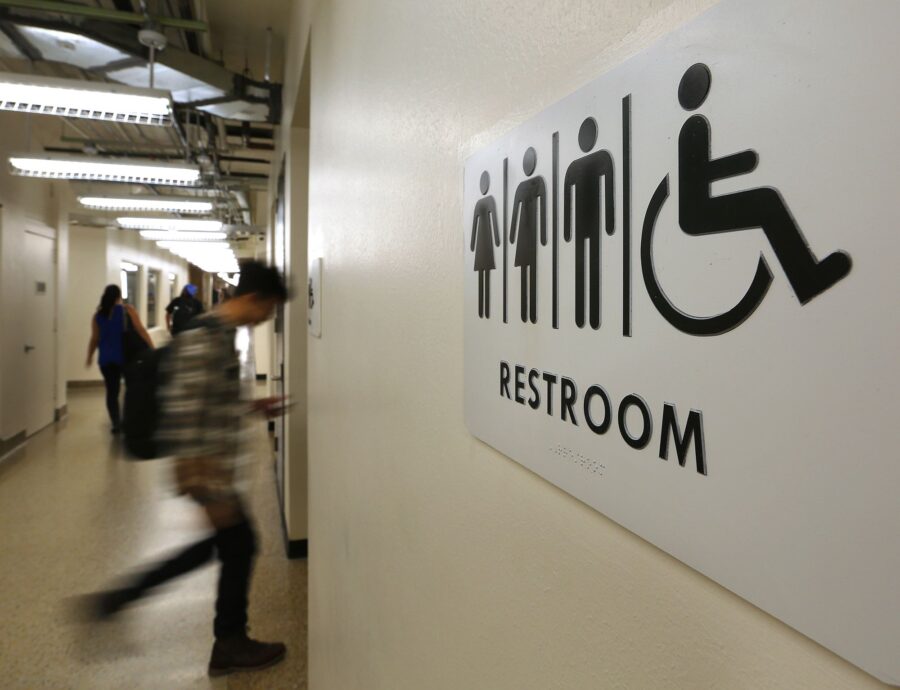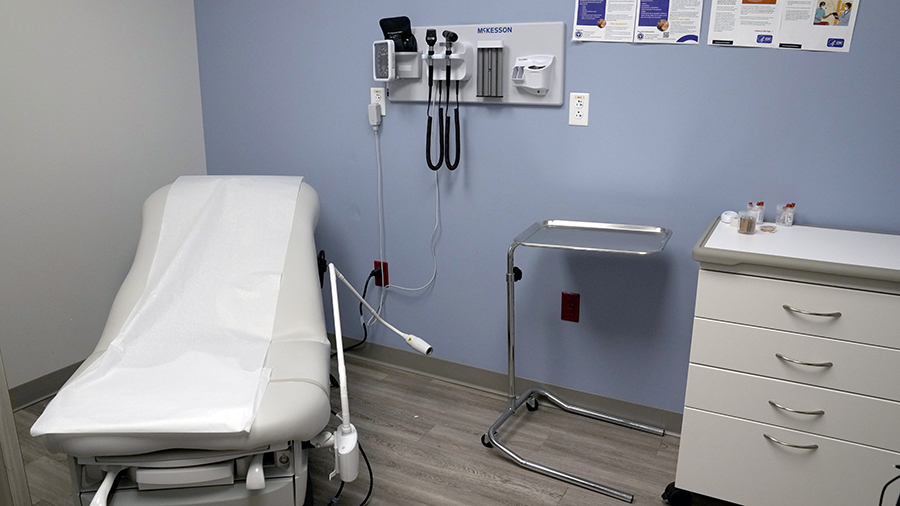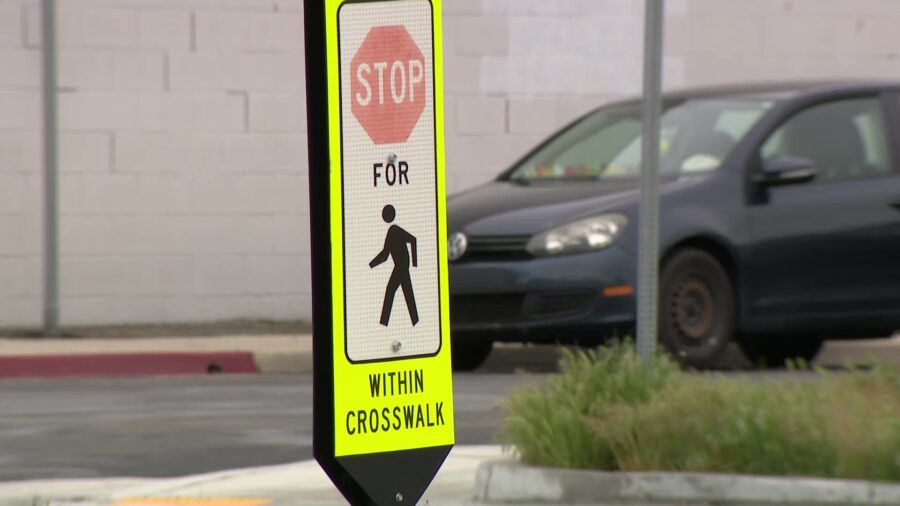Orrin Hatch lived a fascinating life in Utah and the Senate
Apr 24, 2022, 10:40 AM | Updated: Jun 20, 2022, 1:49 pm
SALT LAKE CITY — Orrin Hatch was known as a titan of the Senate but his life was much fuller than his public service.
Reaction poured in Saturday after the Orrin G. Hatch Foundation announced he died at the age of 88.
On November 16th, 2018, President Donald Trump honored retiring US Senator Orrin Hatch with the Presidential Medal of Freedom for his over four decades of public service.
The Presidential Medal of Freedom is the highest honor the nation reserves for a civilian.
Sen. Hatch retired in January of 2019.
“It’s been the privilege of my life to represent this great state for 42 years,” he told KSL.
On January 3, 2015, when Congress was sworn in, Sen. Hatch became President pro tempore, meaning he was third in the line of succession to the presidency.
Every day in his Washington, D.C. Office, he would look at a painting of his grandfather and great-grandfather.
“It reminds me that I have a heritage that’s a pioneer heritage that I can’t let down,” Hatch said. “I’ve got to keep the pioneer work going and I think I have been a pioneer here.”
42 YEARS IN THE SENATE
From the moment he arrived at 7:30 in the morning at the U.S. Capitol each morning, Hatch almost never stopped moving. When you are third in line for the presidency, many people want your attention.
He said, “It’s an honor for me. I don’t get caught up in the pomp and circumstance back here. I came here to represent Utah, represent my family, my Church, my country, and my state.”
First elected in 1977, he became the longest-serving Republican Senator in U.S. History.
He was born in Pittsburgh, Pa. in 1934, and was the first in his family to attend college. He Descended from Latter-day Saint pioneers, graduated from BYU in 1959, and received his law degree in 1962 from the University of Pittsburgh.
While a law student, he worked as a janitor.
“In fact, Ted Kennedy, when he found out I once worked as a janitor. He said, ‘Orrin, I think you should have stuck with it.’ And I left. And I won’t tell you what I told him he should have stuck with.”
Despite their differences, Hatch and Kennedy were longtime friends and worked together on legislation.
“I’ve just worked my butt off and the people have been kind enough to keep sending me back.”
He helped pass more than 700 bills, in fact, no member of Congress has seen more sponsored bills become law. One of the most important to him was early on in his career – labor law reform.
“Nobody else wanted to do it because they all knew we were going to lose and we were going to lose on the 6th historic vote. It was miraculous how we won. We had extra help on that.”
During his tenure, he served as Chair of both the Senate Judiciary Committee and the Senate Finance Committee.
In 1995, in response to the Oklahoma City bombing, Senator Hatch led support of the Senate’s anti-terrorism bill.
He opposed President Barack Obama’s health reform legislation, voting against the Affordable Care Act in 2009.
He was one of the architects and advocates of the expansion of H-1B visas and has been an advocate of tougher enforcement of immigration policy.
He worked with Democrats to pass landmark legislation, including the Americans with Disabilities Act and the Children’s Health Insurance Program.
Hatch fought hard to get conservative judges nominated to the Supreme Court.
He took a leading role in the Senate confirmation hearings of Clarence Thomas in October 1991. Hatch famously defended him by reading aloud from ‘The Exorcist’ to suggest Anita Hill lifted details of her sexual harassment allegations from the horror book.
But in 1993, Hatch recommended Ruth Bader Ginsburg, whom he knew personally, to President Bill Clinton.
In 1999, he voted to impeach President Bill Clinton, saying “This great nation can tolerate a president who makes mistakes. But it cannot tolerate one who makes a mistake and then breaks the law to cover it up.”
In 2018, court filings implicated President Trump in campaign finance violations and in attempting to buy the silence of women who alleged affairs with Trump, Hatch said, “I don’t care, all I can say is he’s doing a good job as president.”
Seniority, he believed, was very important.
“Being a committee chairman helps and I’ve been a chairman three different times of three major committees so, it’s helpful, there’s no question about that.”
Washington exudes power but Hatch said he tried to remember what and who was most important to him.
“If you’re really good, you have to acknowledge that you’re good because of others. You’ve got to acknowledge that you’re good because of a higher power and I want to always be humble enough that I can have that extra help.”
HUSBAND AND FATHER
Orrin Hatch married Elaine Hansen in 1957 and they had six children.
“My dad has a contagious laugh. Like when he laughs, everybody laughs,” one of his three daughters said.
Orrin and Elaine Hatch had 23 grandchildren and 19 great-grandchildren, descendants who are proud of their patriarch.
Orrin Hatch loved music, he played the piano, organ, and violin. He wrote songs used in everything from presidential inaugurations to films.
Back home in Utah, he loved spending time with his family but, they say, he was always thinking about his constituents.
“I really feel indebted to the people of Utah for sticking with me and for caring for me enough to be their senator. I don’t want to ever let them down and I won’t.”
Hatch had the ear of presidents and Utah citizens. But those closest to him said he was a man devoted to his faith, his family, and this nation, advice he gave to graduates when he received BYU Management Society’s Distinguished Utahn Award in 2017.
“Above all, believe in this country. This is the greatest country in the world. No other country comes close. I’ve been all over the world. I’ve me with leaders all over the world. Some countries come close, but there’s no way they’ll ever going to be as good as the United States of America.”
Hatch believed in serving that country all his days.













